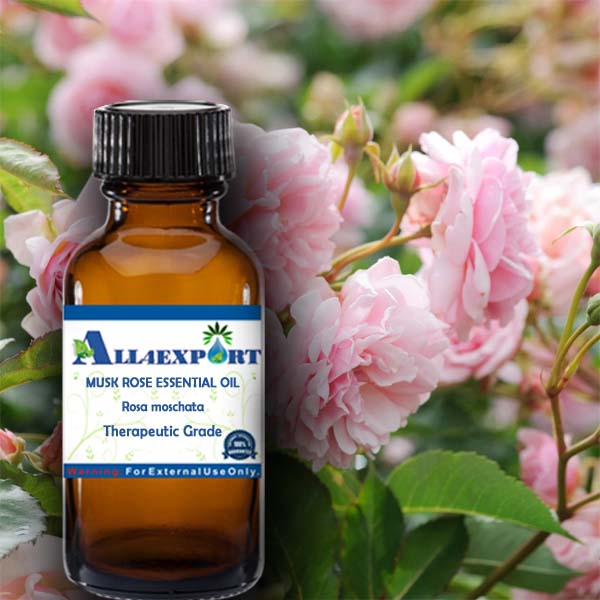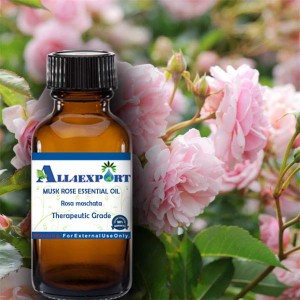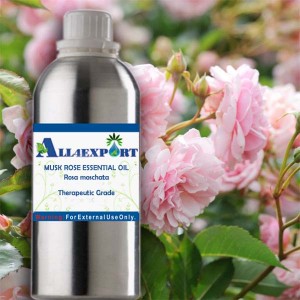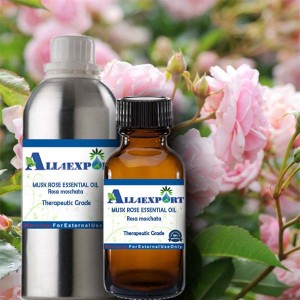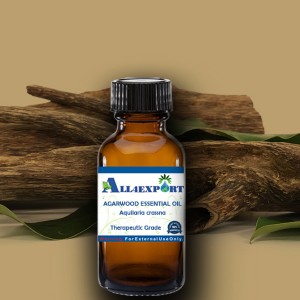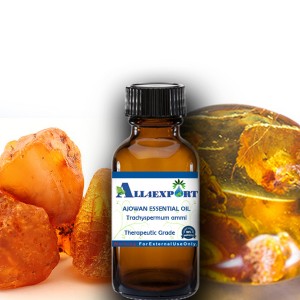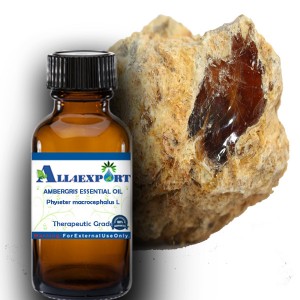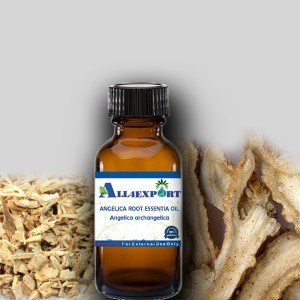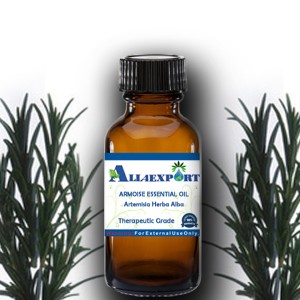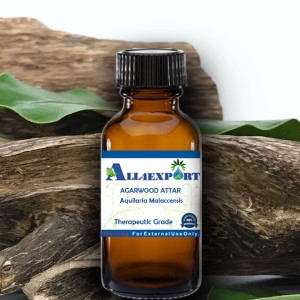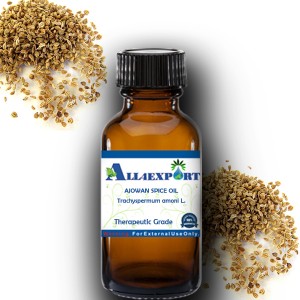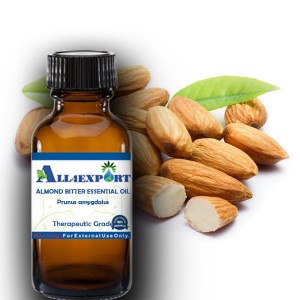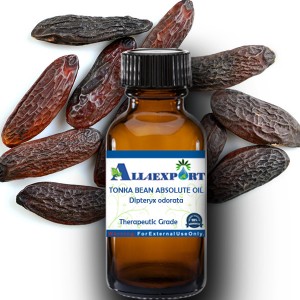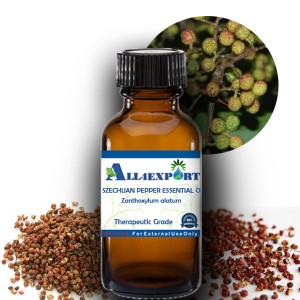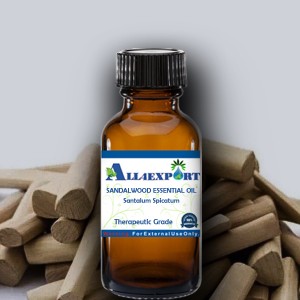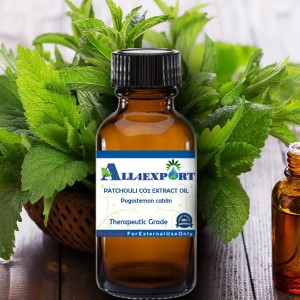| MUSK ROSE ESSENTIAL OIL |
Botanical Name | : | Rosa moschata | Country of Origin | : | India | Solubility | : | Soluble in water, insoluble in oils | Specific Gravity | : | 0.945 to 1.033 | Optical Rotation | : | -2.5 to +4.5 | Refractive Index | : | 1.320 to 1.489
| Plant Part | : | Wood | Bland With | : | Jasmine, lavender, oak moss and orange. | Odour | : | Pleasant, fresh , rosy and floral scent | Appearance | : | Colorless and transparent , pale yellow clear liquid | Extraction Method | : | Steam Distilled |
|
Description : The aim of this study was to application the fragrance / aroma constituents of flower essential oil and hydrolate (rose-water) extract of R. brunonii growing abundantly in Kumaon region of western Himalaya.
|
Constituents : forming 93.5% of the total oil composition were identified using gas chromatography-flame ionization detector (GC-FID) and GC-mass spectrometry (GC-MS). |
| Common Names : Himalayan musk rose, Kunja | |
Uses / Benefit : Root, Leaf and flower bark and of the plant are used in traditional medicine. |
|
Caution Note: We recommend Keep out of the reach of children. Avoid contact with skin and eyes.
All of the information and opinions that are provided on this web site are for informational and educational purposes only. This information is not intended to replace medical advice given by a medical practitioner. Anyone considering alternative therapies should consult with their medical professional before using an alternative method of healing. We do not give nor is any opinion on our web site medical advice. |








